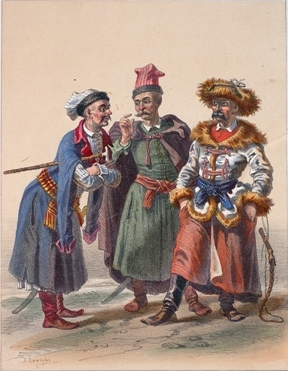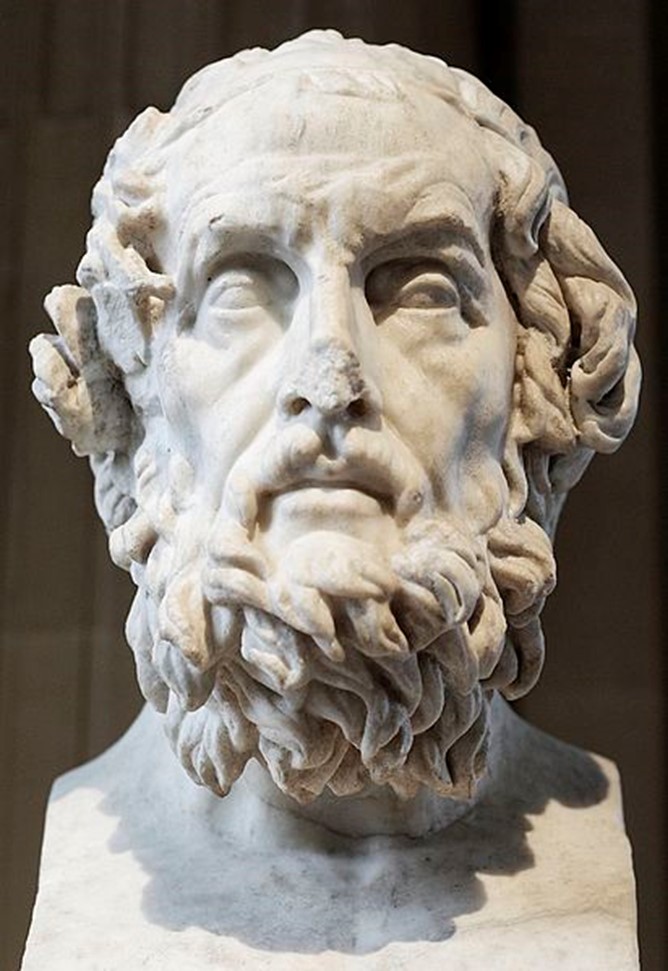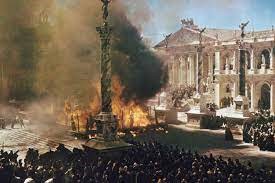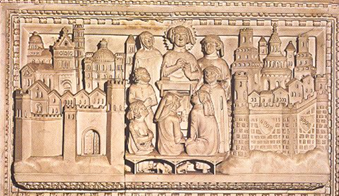Říjnová přednáška
 JKF a ÚŘLS srdečně zvou všechny členy i veřejnost na přednášku
JKF a ÚŘLS srdečně zvou všechny členy i veřejnost na přednášku
Polonus sum - latine loquor?
Několik slov o stavu výuky latinského jazyka v dnešním Polsku,
kterou přednese
dr. Jakub Kuciak
(Zespół Języka Łacińskiego, Jagiellońskie Centrum Językowe, Uniwersytet Jagielloński, Kraków)
Přednáška se koná ve čtvrtek 20. října 2022 od 18:00 hodin v místnosti C144 (Celetná 20, Praha 1).
Přednášku bude možné sledovat také online přes ZOOM:
https://cesnet.zoom.us/j/7954249816?pwd=OTY3SldFa3BFQVRIYTZGNTJXeWMvQT09
Meeting ID: 795 424 9816
Passcode: venividi
Anotace:
Polský šlechtic v novověku říkal hrdě: Eques Polonus sum, latine loquor. Co se tedy stalo, že toto rčení ztratilo na aktuálnosti do té míry, že v dnešním Polsku latinský jazyk skoro zmizel ze škol? Přednáška se soustředí na výuku latiny v polských středních školách a na univerzitách. Představeny budou používané metody a učebnice, které jsou dostupné na polském trhu, a na závěr perspektiva dalšího vývoje didaktiky latinského jazyka v Polsku.





